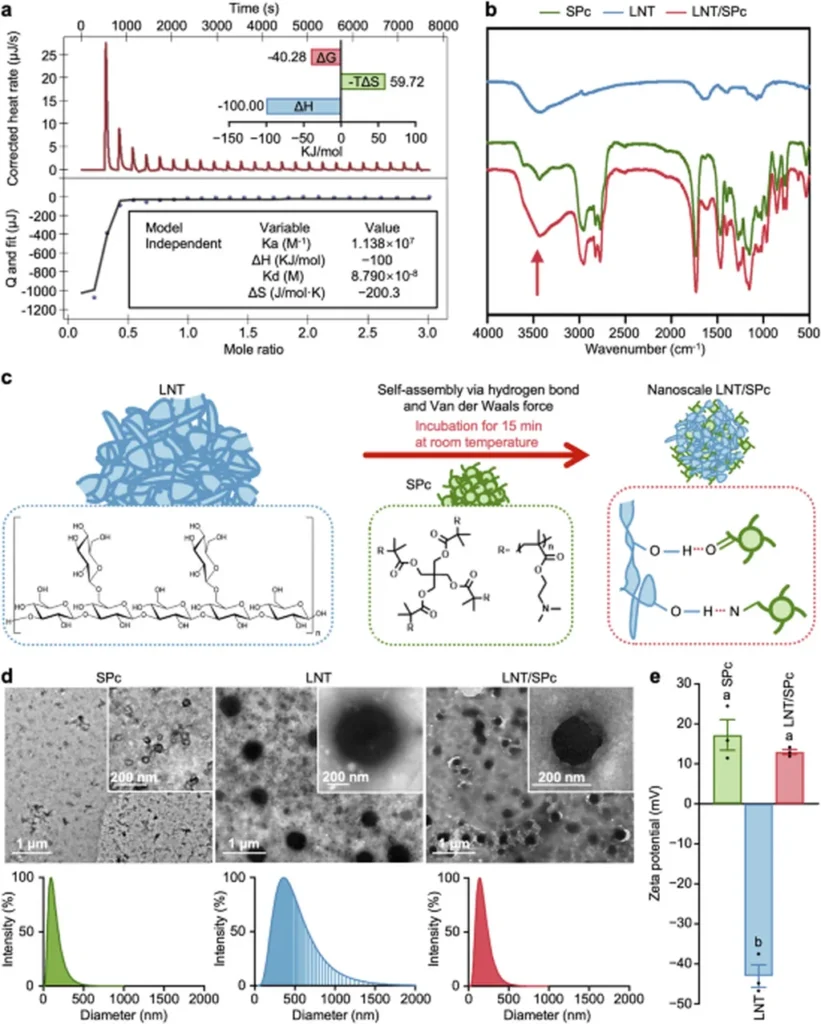In a significant stride towards sustainable agriculture, researchers have developed a novel hydrogel-based microbial seed coating that shows promising results in enhancing plant growth and combating tobacco black shank disease. This innovative approach, detailed in a recent study published in *Industrial Crops and Products*, could revolutionize plant disease management and crop yield enhancement.
The study, led by Jinhui Jiang from the College of Agronomy and Biotechnology at Yunnan Agricultural University, introduces a sodium alginate–polyethylene glycol–glycerol (SA–PEG–Gly) hydrogel matrix loaded with beneficial microbes, Aspergillus tamarii TPD11 and Bacillus cereus LgD2. This hydrogel coating not only improves seed vigor and growth but also demonstrates excellent compatibility with tobacco biocontrol bacteria.
One of the standout features of this hydrogel is its pH responsiveness and moisture retention capabilities. It can retain moisture for up to 60 hours and maintain a stable pH, ensuring the viability of the encapsulated microbes for up to six months. “The hydrogel’s ability to sustain viable bacterial populations at 10⁶ CFU/g in soil is a game-changer,” says Jiang. “This ensures that the beneficial microbes are delivered effectively to the plants, promoting growth and enhancing disease resistance.”
The coating achieved over 83% encapsulation efficiency and provided more than 50.71% control efficacy against tobacco black shank disease. This is a substantial improvement over traditional methods, offering a more sustainable and eco-friendly solution for plant protection.
The commercial implications of this research are vast. Farmers can expect improved crop yields and reduced reliance on chemical pesticides, leading to healthier crops and a more sustainable agricultural ecosystem. The hydrogel’s ability to sustain microbial viability over extended periods and its compatibility with biocontrol bacteria make it a practical and scalable solution for the agriculture sector.
“This research opens up new avenues for the development of microbial seed coatings,” says Jiang. “It offers a practical and sustainable solution for plant protection and growth promotion, which is crucial for meeting the growing demand for food while minimizing environmental impact.”
The study’s findings highlight the potential of hydrogel-based microbial seed coatings in shaping the future of agriculture. As the global push towards sustainable and eco-friendly farming practices grows, innovations like this could become integral to modern agricultural techniques. By enhancing plant growth and disease resistance, this technology could significantly impact crop yields and agricultural productivity worldwide.
The research, led by Jinhui Jiang and published in *Industrial Crops and Products*, represents a significant step forward in the field of agritech, offering a promising solution for sustainable plant protection and growth promotion.

